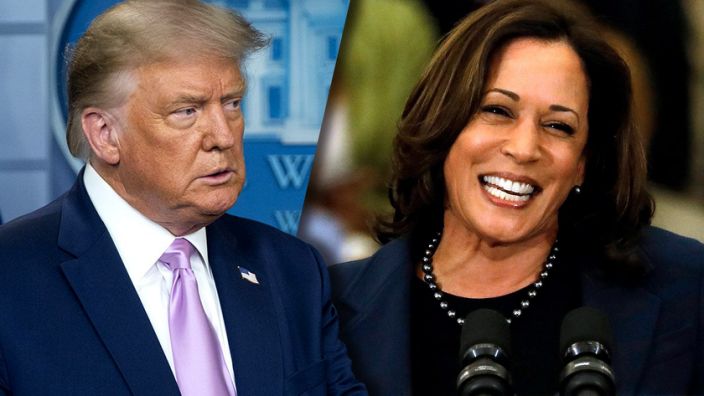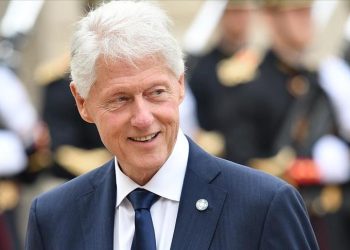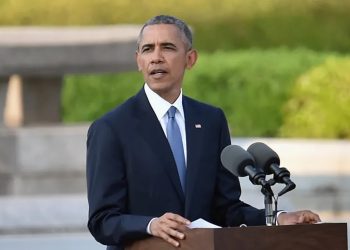Secretary of State Antony Blinken refrained from critiquing Elon Musk on two occasions when the SpaceX founder revealed that he declined the Ukrainian government’s request for access to his Starlink internet service, ostensibly to launch an attack on Russia.
During an interview with CNN’s Jake Tapper, Blinken faced questions about the revelations disclosed in a new book, which Elon Musk had confirmed. The book highlighted Musk’s refusal to activate Starlink, a satellite internet service operated by SpaceX, in Crimea. The purpose behind this request was reportedly to facilitate a submarine drone assault against Russian naval forces in the region.
Musk’s statement, posted on X, explained the situation further: “There was an emergency request from government authorities to activate Starlink all the way to Sevastopol. The apparent objective was to incapacitate a significant portion of the Russian fleet while at anchor. Had I acquiesced to their request, SpaceX would have found itself directly implicated in a significant act of warfare and an escalation of conflict.”
The source was CNN referencing Walter Isaacson's biography.
— Mario Nawfal (@MarioNawfal) September 7, 2023
Thank you for clarifying the facts, and glad to see Starlink was not activated in such a contentious territory.
Tapper inquired whether Elon Musk should face consequences for what he viewed as his interference with a Ukrainian military operation against Russia, an aggressor nation that had invaded a U.S. ally.
Blinken responded, “Jake, I can’t comment on a specific incident. What I can convey is this: Starlink has played a critical role in enabling Ukrainians to communicate with one another, especially for the military in their endeavor to protect all of Ukraine’s territory.”
Tapper pressed further, saying, “I don’t believe it’s a matter of ‘can’t speak to it,’ but rather ‘won’t speak to it.’ Musk has claimed that he was concerned about potential Russian nuclear retaliation, based on private discussions with senior Russian officials. Are you troubled by the fact that Musk appears to be conducting his own informal diplomacy with the Russian government? Does none of this raise concerns for you?”
“Jake, I cannot confirm or deny specific conversations that may have occurred,” Blinken responded. “My primary focus is on the importance of the Starlink technology itself, which has proven to be invaluable for the Ukrainian people and remains so.”
Tapper argued, “It seems like Starlink’s significance is such that the U.S. government is hesitant to risk upsetting a volatile billionaire, whose actions might warrant a different response in a different context. But let’s shift our focus.”
Musk’s recent tweet came in the midst of controversy surrounding an excerpt from Walter Isaacson’s latest biography, titled “Elon Musk,” which was published in The Washington Post. The excerpt alleged that Musk had discontinued Starlink’s connection in Crimea.
However, Musk contended that there was never Starlink coverage in Crimea. Isaacson later posted a clarification, stating, “To clarify the Starlink issue: the Ukrainian authorities BELIEVED that coverage extended to Crimea, but it did not. They requested Musk to activate it for their drone submarine attack on the Russian fleet. Musk declined, presumably because he believed, correctly, that doing so could lead to a major conflict.”
Musk expressed gratitude to Isaacson for the clarification and added, “The moral responsibility differs significantly if I rejected a request from Ukraine as opposed to making a deliberate alteration to Starlink to obstruct Ukraine.”
Musk further clarified, “At no point did I or anyone at SpaceX promise coverage over Crimea. Furthermore, our terms of service explicitly prohibit the use of Starlink for offensive military purposes, as our system is designed for civilian use. SpaceX is developing Starshield for the U.S. government, which is conceptually similar but much smaller in scale compared to Starlink, and it will be owned and operated by the U.S. government.”
Much appreciated, Walter.
— Elon Musk (@elonmusk) September 9, 2023
The onus is meaningfully different if I refused to act upon a request from Ukraine vs. made a deliberate change to Starlink to thwart Ukraine.
At no point did I or anyone at SpaceX promise coverage over Crimea.
Moreover, our terms of service clearly… https://t.co/jmNtScM5LY
Mykhailo Podolyak, a senior aide to Ukraine’s President Volodymyr Zelenskyy, strongly criticized Elon Musk in response to the book excerpt and accused him of having a detrimental impact on human lives.
“Elon Musk’s refusal to allow Ukrainian drones to disrupt part of the Russian military fleet using Starlink interference has allowed this fleet to launch Kalibr missiles at Ukrainian cities,” Podolyak expressed. “As a consequence, innocent civilians, including children, are losing their lives. This tragic outcome is the consequence of a combination of ignorance and excessive self-assuredness.”
Musk had previously defended his decision to limit Ukraine’s access to Starlink for military purposes, stating in February that SpaceX “will not facilitate an escalation of conflict that might lead to a global conflict.”
During the same period, SpaceX President Gwynne Shotwell had announced that the company was curtailing Ukraine’s use of Starlink for military applications while still permitting its use for standard communication and humanitarian relief efforts, such as connecting families and hospitals.
Musk had also tweeted in September of the previous year that Starlink was specifically designed for peaceful purposes, and the terms of service explicitly stated that its internet connections were not intended for military engagements.










